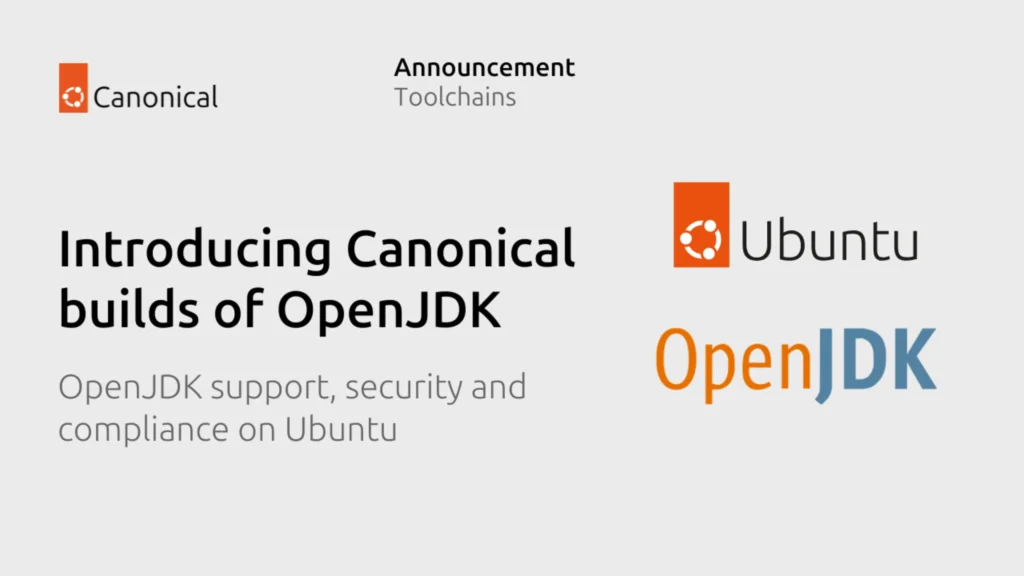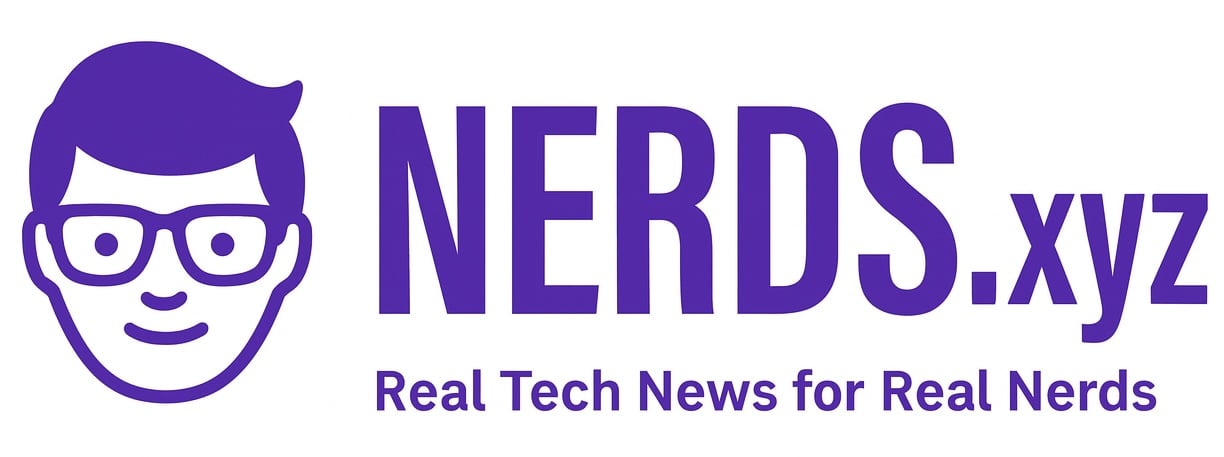
Java is not trendy anymore, but it is still absolutely everywhere. Look, from banks and hospitals to governments, it’s powering the backend of most of the world’s critical software. And now, Canonical is making a big push to support that reality.
The company behind Ubuntu is expanding its Java offering in a major way. The goal is to help both enterprise users and open source developers run Java more securely, efficiently, and without unnecessary headaches. This is not a flashy move, but it could be a very important one.
Canonical’s approach is centered around Ubuntu Pro. That subscription adds long-term security maintenance to Ubuntu LTS releases, and that includes OpenJDK. In fact, Canonical says Java 8 will now be supported until 2034 on Ubuntu 24.04 LTS. That’s longer than what Red Hat or Azul is offering.
If your business is stuck on Java 8, this is good news. According to New Relic, a third of production Java workloads still run on it. With Ubuntu Pro, you can keep those apps alive without rushing to refactor legacy code.
But it’s not just about old workloads. Canonical is also targeting modern cloud-native developers. It is releasing stripped-down Java containers called Chiseled JRE images. These minimal containers are more than 50 percent smaller than alternatives. Despite their small size, Canonical says performance is not affected.
You can pull these container images from Docker Hub or Amazon ECR. If you want long-term support for them, Ubuntu Pro has that covered too.
To make startup times faster, Canonical is embracing new tech like CRaC. That stands for Coordinated Restore at Checkpoint. It lets you pause a Java app and resume it later without delay. This is especially useful in cloud environments where fast scaling matters. Starting in Ubuntu 26.04 LTS, Canonical will fully support CRaC-based setups with ten years of security updates.
GraalVM is also part of the plan. It allows Java apps to be compiled into native binaries for faster startup and lower memory usage. Canonical is packaging GraalVM as a snap so developers can use it easily on Ubuntu 24.04 and beyond.
There is also a focus on trust and compliance. Canonical has joined the Eclipse Adoptium Working Group. That means its OpenJDK 17 and 21 builds are tested against the official TCK using the AQAvit test suite. These builds are available on major architectures including ARM64 and RISC-V.
Canonical is even working on FIPS-compliant Java libraries. This is key for users in regulated industries where certification matters.
Taken together, these moves show that Canonical is serious about Java. This is not just about bundling OpenJDK into Ubuntu. It is about creating a complete stack for developers who need performance, security, and long-term support without compromise.
Java is not going away. Canonical knows that. And for a growing number of developers, Ubuntu might just be the best place to run it.


